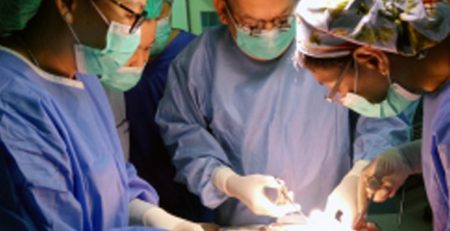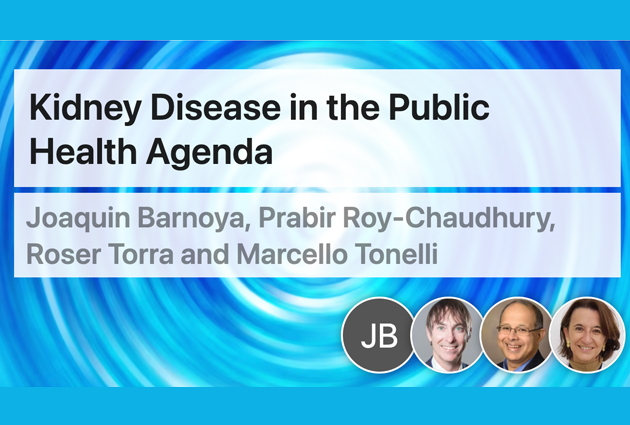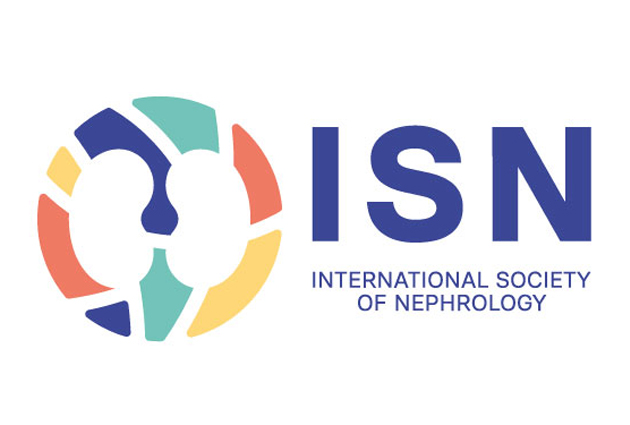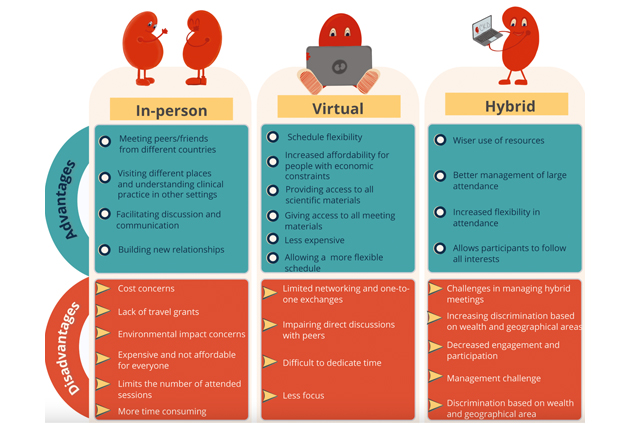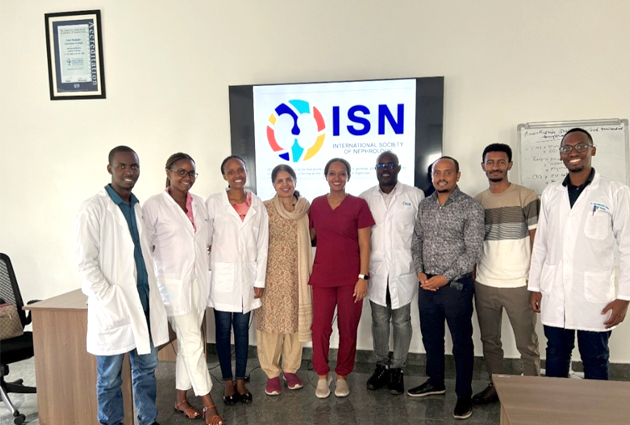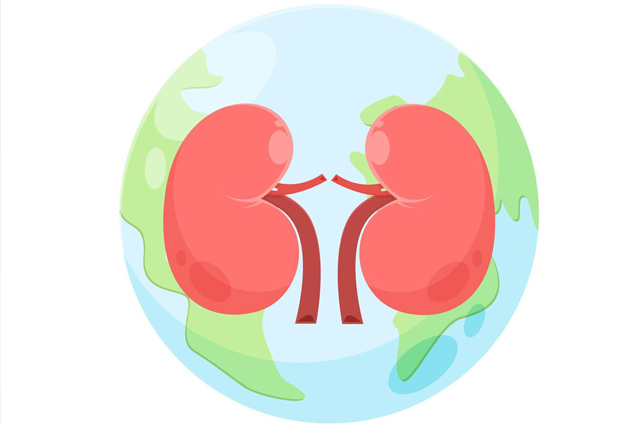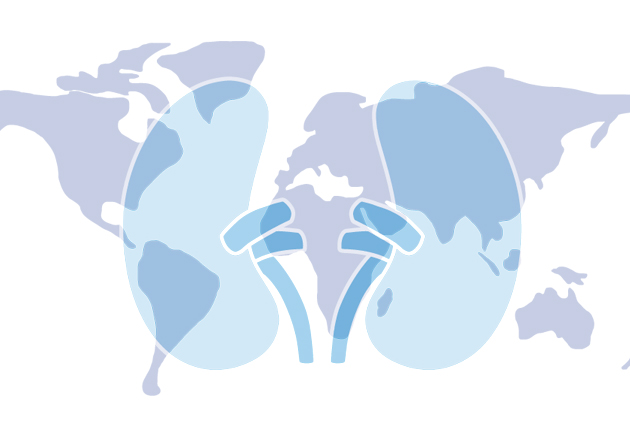Clinical trial on herbal and alternative remedies for hypertension patients in Senegal
The ISN Clinical and Research Program funded specific research into the efficiency of kinkeliba on non-complicated hypersensitive patients. The project was awarded USD 15,000 in 2013. Completed in early 2014, it received the best clinical research prize at the 2015 ISN World Congress of Nephrology congress and the 10th Conference on Kidney Disease in Disadvantaged Populations.
This randomized-controlled crossover trial was carried out by Dr Sidy Mohammed Seck and his team at the University Hospital of Saint-Louis. It assesses the efficiency of kinkeliba, a popular red bush tree tea drink, used by non-complicated hypertension patients living in Northern Senegal.
Dr Seck explains: “This is the first clinical trial in the field of nephrology in Senegal and even West Africa. It opens a new window on the possible efficacy and safety of some local remedies to treat hypertension, which is the major CKD risk factor in African populations.”
He adds that: “Plants used in traditional medicine are usually seen by nephrologists as potentially harmful for the kidneys but evidence to support these ideas are very scarce and sometimes it might be the contrary.”
The major finding of this study is that kinkeliba and bissap, which are widely consumed by populations, are efficient and safe to reduce significantly blood pressure in adults after a four-week period of treatment.
Sick believes that prevention is surely the best strategy against the chronic kidney disease (CKD) epidemic in African countries. National programs should focus on the adequate and feasible management of risk factors like diabetes and hypertension. However, many hypertensive patients cannot afford long-term treatments because high costs and absence of universal health coverage. Some herbal remedies with proven efficacy and safety could be a good alternative for millions of patients who do not have access to expensive modern drugs.
The next step is to run another study with a larger sample size and a longer follow-up period in order to better assess the long-term effects of these treatments.
Dr Seck says that the study represented a wonderful experience for his team to strengthen their skills in organizing a clinical trial within a resource-limited environment. Furthermore, the measuring and computer equipment acquired during this project are now also being used for other research activities. Having an additional partner also helped to test the effect of hibiscus sabdariffa on an additional group of patients.
The initial study lasted 10 months. In the first four months, the team has worked on selecting and seeking the ethical committee’s approval.
Find out more about the ISN Clinical Research Program, CLICK HERE.

